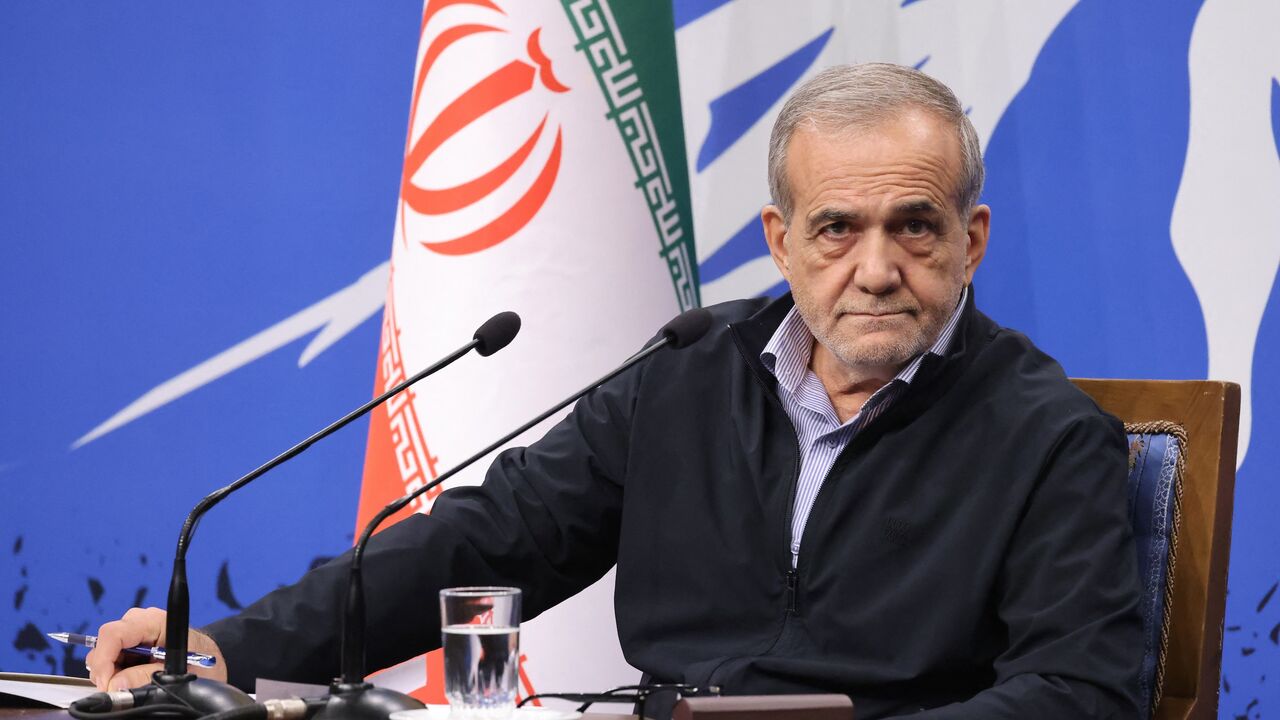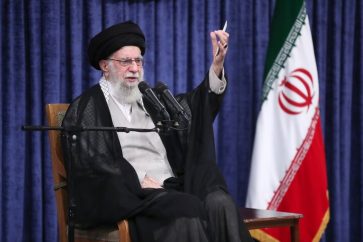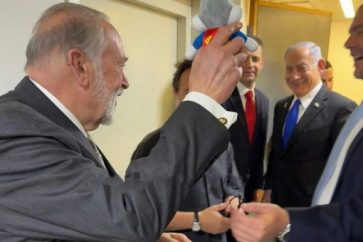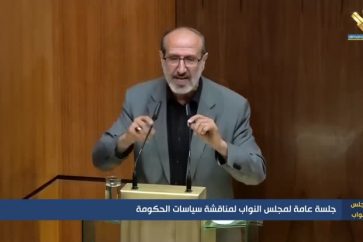Iranian President Masoud Pezeshkian has called for a fundamental review and stronger multi-layered protection of the country’s national data in cyberspace, labeling it a critical priority for digital governance. His remarks came during a meeting of the Supreme Council of Cyberspace on Tuesday, where he emphasized the council’s crucial role in enhancing service quality and addressing pressing security concerns, particularly under what he described as current sensitive conditions.
President Pezeshkian stressed the need for a comprehensive evaluation to assess the achievement of cyberspace goals and to identify and resolve obstacles to their implementation. He also highlighted the importance of addressing existing gaps and bolstering the resilience of national infrastructure.
President Pezeshkian urges stronger multi-layered protection of national data in cyberspacehttps://t.co/LK2aVhFEHF
— Press TV 🔻 (@PressTV) July 16, 2025
During the session, the National Cyberspace Center’s security division presented a detailed report on recent cyber threats and the country’s successful efforts in repelling them. Pezeshkian subsequently instructed the council’s secretariat to continuously update protocols and re-engineer cyber defense processes.
The call for heightened cybersecurity comes amid a backdrop of numerous cyberattacks targeting Iran, which the country attributes to the United States and Israel. These attacks reportedly intensified during a 12-day conflict last month. On June 13, Israel allegedly initiated an “unprovoked war” against Iran, resulting in the assassination of high-ranking military commanders, nuclear scientists, and civilians. More than a week later, the United States reportedly joined the conflict by bombing three Iranian nuclear sites, described by Iran as a grave violation of international law.
On June 13, ‘Israel’ launched an unprovoked war against Iran, assassinating many high-ranking military commanders, nuclear scientists, and ordinary civilians.
More than a week later, the United States also entered the war by bombing three Iranian nuclear sites in a grave violation of the United Nations Charter, international law, and the Nuclear Non-Proliferation Treaty (NPT).
At the beginning of the war, the Israeli regime launched multiple coordinated cyberattacks targeting Iran’s banking network and state television.
In response, the Iranian Armed Forces targeted strategic sites across the occupied territories, including the regime’s cyber capital, Beer al-Sabe, considered to be the stronghold of the Israeli regime’s cyber industry and a central hub in its global cyber warfare apparatus.
According to Israeli media reports, a missile fired by Iran successfully evaded the regime’s multi-layered air defense systems. Despite initial detection, the missile intercept systems failed to neutralize the projectile.
On June 24, Iran ultimately succeeded in halting the war through its retaliatory operations against the Israeli regime.
Source: Agencies (edited by Al-Manar English Website)




